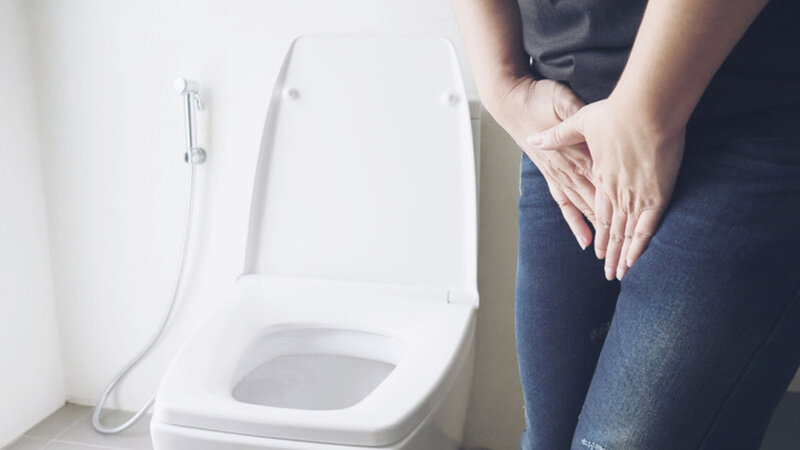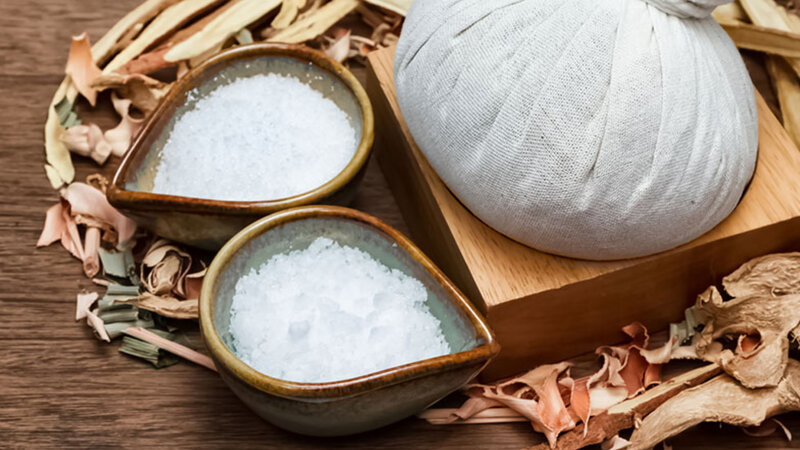Home Remedies For Urine Infection In Ayurveda
Dysuria, characterized by painful and burning sensations during urination along with frequent urination, is a common issue among women. At times, the discomfort can become unbearable, making it difficult to tolerate the burning sensation.
Fortunately, several home remedies are available that can effectively alleviate this problem. The causes of burning urine can be attributed to factors such as excessive body heat, urinary infections, inadequate water intake, excessive sweating in hot weather, and more.
In the following section, we have provided some home remedies that are known to provide relief for dysuria and aid in the healing process.
Ayurvedic View
According to Ayurveda, the ancient Indian system of medicine, burning urine is often associated with an imbalance in the Pitta dosha, which represents the fire element in the body. Ayurveda views burning urine as a symptom of increased heat and inflammation in the urinary system.
The vitiated Pitta dosha can aggravate the Bhrajaka Pitta, a subtype of Pitta responsible for the health of the skin and urinary system. When Bhrajaka Pitta is imbalanced, it can lead to the production of toxins (ama) and disrupt the natural functioning of the urinary system, resulting in a burning sensation during urination.
The Main Symptoms Of Cystitis
Cystitis, also known as a urinary tract infection (UTI), is characterized by inflammation of the bladder. The symptoms of cystitis can vary, but common signs and symptoms include:
1. Dysuria: Pain or a burning sensation during urination.
2. Urgency: Feeling the need to urinate urgently.
3. Frequency: Having to urinate more frequently than usual.
4. Hematuria: Presence of blood in the urine, which may give it a pink or reddish color.
5. Cloudy or strong-smelling urine.
6. Lower abdominal or pelvic discomfort.
7. Feeling tired or generally unwell.
8. Mild fever (in some cases).
It’s important to note that these symptoms may vary in severity and not everyone with cystitis will experience all of them. If you suspect you have cystitis or are experiencing these symptoms, it is recommended to seek medical attention for proper diagnosis and treatment.
Risk factor’s
Certain individuals have a higher risk of experiencing recurrent urinary tract infections (UTIs) and cystitis, with women being particularly susceptible.
This increased risk can be attributed, in part, to anatomical factors such as having a shorter urethra. As a result, bacteria have a shorter distance to travel in order to reach the bladder, making it easier for infections to occur.
Urinary Tract Infection In Women
Women who are at a higher risk of developing urinary tract infections (UTIs) typically fall into the following categories:
1. Sexually active women: Being sexually active increases the risk of UTIs as sexual intercourse can introduce bacteria into the urinary tract.
2. Pregnant women: Pregnancy can affect the urinary tract and increase the likelihood of developing UTIs.
3. Women using certain contraceptives: Some contraceptive methods, such as diaphragms, may contribute to an increased risk of UTIs by potentially interfering with the natural flow of urine or promoting bacterial growth.
4. Menopausal women: The hormonal changes associated with menopause can lead to changes in the urinary tract, making it more susceptible to infections.
Note: It’s important to note that while these factors can increase the risk of UTIs in women, it doesn’t mean that all women in these categories will develop UTIs.
Practicing good hygiene, staying hydrated, and seeking medical advice when experiencing symptoms are important steps in reducing the risk and managing UTIs.
Home Remedies For Urine Infection In Ayurveda
1. Lemon
Lemon is known to be beneficial for reducing the discomfort associated with cystitis. Although its acidic flavor may not be very pleasant, lemon contains antiviral, antimicrobial, and antibacterial properties that promote kidney health and hinder the survival of bacteria responsible for the infection on the urethral walls.
How To Consume?
To consume lemon for cystitis relief, it is suggested to squeeze the juice of half a lemon or a whole lemon into a large glass of warm water. Optionally, you can add a fresh mint leaf for added flavor. It is recommended to drink this mixture on an empty stomach, preferably right after waking up in the morning.
2. Radishes
Radishes are known for their antibiotic and diuretic properties, which can be highly effective in combating cystitis and eliminating bacteria through urine. Regular inclusion of radishes in the diet is recommended as a preventive measure, particularly for individuals who frequently experience episodes of this infection.
How To Consume?
To utilize radishes for this purpose, extract half a cup of radish juice and consume it at least three times a day. This can provide the desired benefits in fighting cystitis and supporting urinary health.
3. Blueberries
Blueberries are a beneficial supplement for the prevention and treatment of cystitis. Cranberry juice, derived from blueberries, has been historically used as a natural remedy for various types of urinary infections.
One of the notable advantages of cranberry juice is its ability to provide the body with nutrients that hinder bacteria from adhering to the cells lining the urinary tract.
How To Consume?
To consume cranberry juice, blend half a cup of blueberries with half a glass of water. It is recommended to drink this mixture in the morning for a period of ten days. By following this regimen, you can potentially harness the benefits of blueberries in managing cystitis and supporting urinary tract health.
4. Moringa
Moringa, a versatile plant with numerous culinary and medicinal applications, is known for its abundance of vitamins and minerals. It is highly effective in addressing malnutrition.
How To Consume?
In the case of cystitis, a beneficial remedy can be prepared using three cups of moringa and half a cup of coconut water. Consuming this juice up to four times a day can yield remarkable results in alleviating the symptoms of cystitis.
5. Spinach
Spinach, renowned for its high nutritional value, is considered one of the healthiest green vegetables due to its generous iron content, an abundance of vitamins, minerals, and antioxidants.
It serves as an excellent option for combating various diseases. Incorporating spinach into your diet is recommended, either raw in salads or as an ingredient in smoothies.
How To Consume?
To prepare a spinach smoothie, simply blend six spinach leaves with 100 ml of water. For enhanced flavor, you can optionally add two carrots to the mixture.
This smoothie offers a nutritious and refreshing way to enjoy the benefits of spinach, supporting overall health and well-being.
6. Birch
Birch, a plant known for its antibacterial properties, can provide relief from the discomfort associated with cystitis. Consuming an infusion made from birch leaves can aid in the elimination of invading agents through urine, as birch acts as a natural diuretic.
This infusion serves as a natural remedy for cystitis, harnessing the antibacterial benefits of birch to promote urinary health and alleviate symptoms.
How To Consume?
One popular way to consume birch is by making tea from the leaves or bark. To prepare birch tea, steep birch leaves or bark in hot water for about 10-15 minutes. You can strain the tea and enjoy it hot or let it cool down for a refreshing iced tea.
7. Parsley
Parsley is an excellent herb known for promoting the health of the urinary system by aiding in the elimination of pathogens through urine and supporting kidney function.
How To Consume?
To harness the benefits of parsley, you can prepare a simple infusion by boiling a handful of parsley leaves in two cups of water (500 ml). Allow the mixture to steep, then strain it and consume it twice a day. This infusion serves as a natural remedy, allowing you to enjoy the beneficial properties of parsley for maintaining a healthy urinary system.
8. Barley water
Barley water is known for its numerous benefits due to its rich fiber content, antioxidants, and essential amino acids. It is believed to have the potential to lower blood sugar levels. Additionally, barley water exhibits potent diuretic properties, aiding in fluid expulsion and cleansing of the urinary tract.
How To Consume?
To prepare barley water, you will need 1 liter of water and half a cup of barley grains (100 g). Simmer the barley grains in the water over low heat for approximately 45 minutes.
Allow the mixture to cool, strain it, and consume it twice a day. By following this regimen, you can enjoy the potential advantages of barley water, promoting overall health and supporting the urinary system.
























a useful artical on burnig urination .khanna.